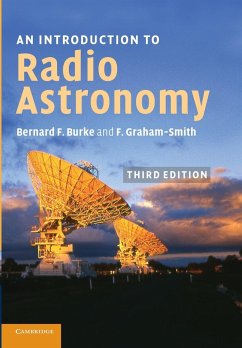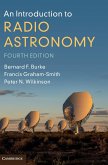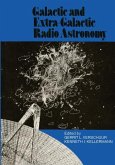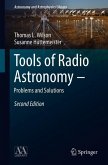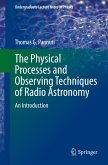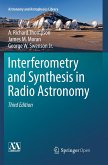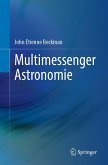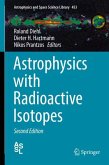Written by two prominent figures in radio astronomy, this well-established, graduate-level textbook is a thorough introduction to radio telescopes and techniques. It is an invaluable overview for students and researchers turning to radio astronomy for the first time. The first half of the book describes how radio telescopes work - from basic antennas and single aperture dishes through to full aperture-synthesis arrays. It includes reference material on the fundamentals of astrophysics and observing techniques. The second half of the book reviews radio observations of our galaxy, stars, pulsars, radio galaxies, quasars, and the cosmic microwave background. This third edition describes the applications of fundamental techniques to newly developing radio telescopes, including ATA, LOFAR, MWA, SKA, and ALMA, which all require an understanding of aspects specific to radio astronomy. Two entirely new chapters now cover cosmology, from the fundamental concepts to the most recent resultsof WMAP.
Hinweis: Dieser Artikel kann nur an eine deutsche Lieferadresse ausgeliefert werden.
Hinweis: Dieser Artikel kann nur an eine deutsche Lieferadresse ausgeliefert werden.
From a previous edition: 'Written by two of the world's leading radio astronomers ... If you are looking for an up-to-date review of radio astronomy, from the telescopes and techniques to the fabulous wonders of the Universe they reveal, then this is the book for you.' Geoff Macdonald, Astronomy Now

